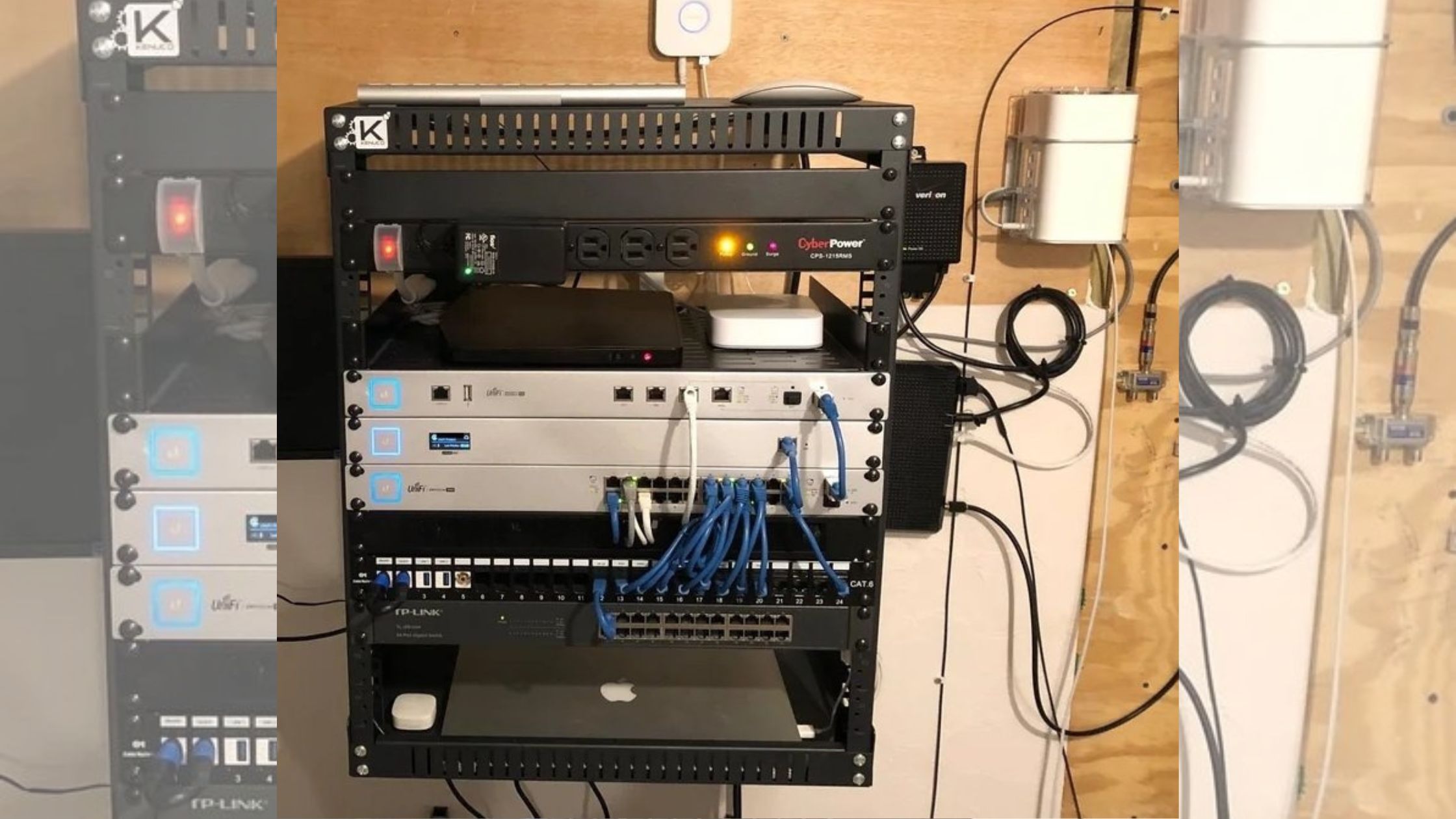
A structured cabling system is a big part of any network. If done right, it keeps things running fast and smooth. If done wrong, it can cause slow speeds, poor connections, and costly fixes.
Hiring a Network Cabling Contractor is not just about running wires. It’s about getting a system that works now and later. A good proposal helps avoid mistakes. It should list all the work, costs, and time needed. Missing details can lead to problems and extra charges.
Here’s what to check before saying yes to a proposal.
Clear Work Plan
A good proposal should explain what will be done. If details are missing, things can go wrong. Look for:
- Type of cables used
- Number of cable runs and where they go
- List of materials and parts
- Any extra work, like removing old cables
- Cleanup after the job is done
If something is not clear, ask. A vague plan can mean more costs later.
Follows Industry Rules
Cabling must meet set rules for safety and performance. The proposal should mention:
- ANSI/TIA-568 – Covers how cables should be installed
- BICSI Standards – Guides on best methods
- NEC Codes – Covers electrical safety
Skipping these rules can lead to failed tests, fines, or having to redo the work.
Cable Type and Details
Not all cables work the same. The type chosen affects speed, cost, and future use. The proposal should list:
- Cat5e – Cheaper but slower (1 Gbps)
- Cat6 – Faster (10 Gbps) but at short distances
- Cat6a & Cat7 – Better shielding, higher speeds
- Fiber Optic – Best for long runs and heavy use
For Network Cabling in Richmond Hill, fiber might be the best choice for long-term use. It offers better speed and less interference.
Also, check details like fire ratings and shielding. These affect safety and performance.
Clear Cost Breakdown
A good proposal should show all costs upfront. It should list:
- Cost of cables and parts
- Labor charges
- Extra costs like permits
- Any other possible fees
Some contractors give a total price without details. That makes it hard to compare. A full breakdown avoids surprises later.
Timeframe for Work
Work should not take too long. The proposal should list:
- Start and end dates
- Steps of the job
- What happens if delays occur
A slow job can cause problems for a business. The contractor should also have a plan for handling delays.
Warranty and Support
Good cabling should last for years. A strong proposal includes:
- Warranty on cables from the maker
- A labor guarantee for the work done
- Support after the job is finished
Without a warranty, fixing problems later can be costly. Make sure they stand behind their work.
Testing and Proof of Quality
A reliable contractor does not just install cables. They test them too. A good proposal should mention:
- The kind of tests done (like Fluke testing)
- Reports to prove everything works
- Steps to fix any failures
Testing makes sure the system runs well from day one. Without it, issues might not show up until later.
Experience and Past Work
Structured cabling is a big investment. The company doing the job should have experience. The proposal should include:
- Years in business
- Similar jobs they have done
- Client reviews or contacts
An experienced contractor makes fewer mistakes. A quick check of past work can show if they are good at what they do.
Room for Future Growth
Technology changes fast. A good system should support growth. The proposal should cover:
- Extra space for more devices later
- A design that allows easy upgrades
- A system that will last for years
A setup that only meets today’s needs might need costly upgrades soon. A future-ready plan saves money.
Safety and Insurance
Cabling work has risks. The contractor should have safety measures in place. The proposal should mention:
- Safety steps for workers
- Insurance for damages or injuries
- Rules followed for safe work
If the contractor is not insured, the client could be held responsible for accidents. Always check for coverage.
Clever Cabling – A Trusted Choice
Clever Cabling provides structured cabling that lasts. Their proposals are clear and detailed. No hidden costs, no confusion.
Their team follows all industry rules for safe and proper installations. From basic Cat6 to advanced fiber optic setups, they offer the right solution for every need.
Pricing is simple and clear. Clients get a full cost breakdown upfront. No last-minute surprises. They also give clear timelines, so work is done on schedule.
Every system is tested after installation. Clients get full reports proving that the setup meets all standards. If something goes wrong, support is available. Their strong warranties cover both materials and labor.
For those needing Network Cabling in Richmond Hill, Clever Cabling is a top choice. Their years of experience and reliable service make them stand out.
A strong network starts with good cabling. Clever Cabling makes sure it’s done right.